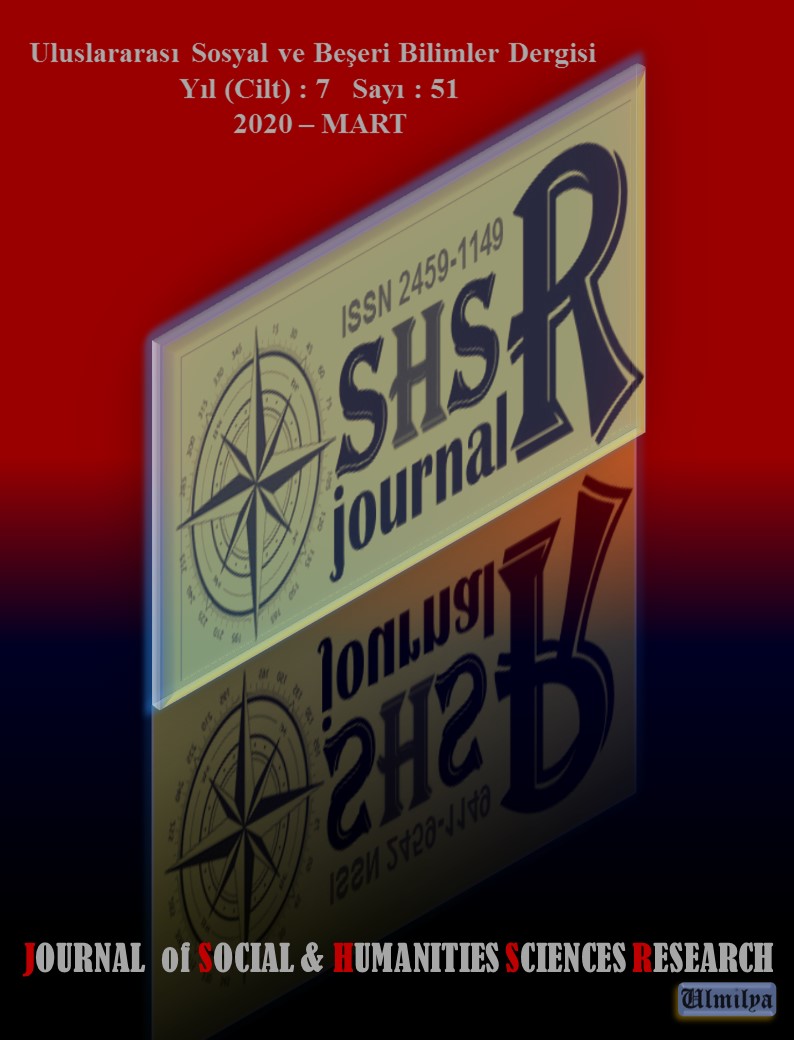THOUGHT-PROVOKING FACTORS OF THE FUZULI DIVAN: IDIOMS
DOI:
https://doi.org/10.26450/jshsr.1792Keywords:
Classical Turkish literature, idioms, FuzulîAbstract
The idiom is a way of expressing a different expression in a different style with a fluent and interesting expression. Idioms are stereotypes or phrases or phrases that consist of words that indicate a particular structure or syntax and often have separate meanings. They are a kind of language expression that consists of two or more words. Idioms are linguistic structures with nouns, prefixes, markers, plain and combined action appearances that express emotions and thoughts remarkably. They consist either of a full sentence or a phrase. Idioms are expressions that are easy to remember, remember, and think. One of the most important proofs of the richness of the language is idioms and ancestors used in daily life, oral and written works. It is also possible to say that these elements used in language add privilege to the language. Many concepts and vocabulary phrases and ancestors that live in a language forgotten over time live. One of the master poets who use idioms in their poetry in an aesthetic way is Fuzûlî. Fuzûlî, one of the most important figures of Classical Turkish Literature, is one of the words and language architects of Classical poetry with its valuable works that it brought to literature. We believe that we should rethink and evaluate the language material used by Fuzûlî in his works. We encountered many expressions in the Turkish Court of Fuzûlî. The meanings of some of these idioms were related to the idioms prepared by TDK or other publishers. We have seen that the meanings of some of them are not included in the books in question. In this study, the phrases in the Turkish Court of Fuzûlî were given together with their explanations as they go through the poems. In this study, the phrase in which the idioms are mentioned, gazel, murabba etc. The numbers of the poetry elements in the work were also given.
Downloads
Published
How to Cite
Issue
Section
License
Copyright (c) 2020 INTERNATIONAL JOURNAL OF SOCIAL HUMANITIES SCIENCES RESEARCH

This work is licensed under a Creative Commons Attribution 4.0 International License.


